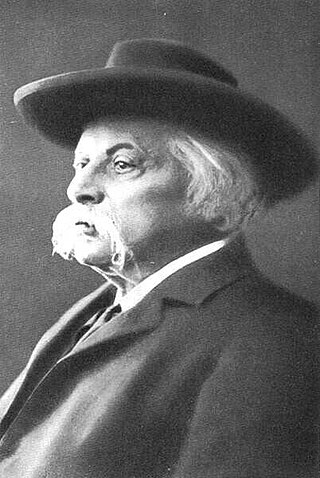
Karl Goldmark was a Hungarian-born Viennese composer.

Joseph Joachim was a Hungarian violinist, conductor, composer and teacher who made an international career, based in Hanover and Berlin. A close collaborator of Johannes Brahms, he is widely regarded as one of the most significant violinists of the 19th century.

Ernst von Dohnányi was a Hungarian composer, pianist and conductor. He used the German form of his name on most published compositions.

Juliusz Zarębski was a Polish composer and pianist active in the Russian Empire. Some of his manuscripts have been found in the National Library of Poland (BN).

Jenő Hubay von Szalatna, also known by his German name Eugen Huber, was a Hungarian violinist, composer and music teacher.

Władysław Marcjan Mikołaj Żeleński was a Polish composer, pianist and organist.
Richard Franck was a German pianist, composer and teacher.
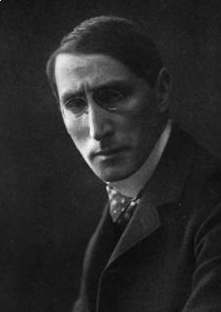
Oskar Fried was a German conductor and composer. He was known as a great admirer of Gustav Mahler, whose works he performed many times throughout his life. Fried was also the first conductor to record a Mahler symphony. He held the distinction of being the first foreign conductor to perform in Russia after the Bolshevik Revolution (1922). He eventually left his homeland in 1933 to work in the Soviet Union after the political rise of Adolf Hitler's Nazi Party, and became a Soviet citizen in 1940.

Friedrich Ernst Koch was a German composer, cellist and teacher.

Károly (Carl) Thern was a Hungarian composer, pianist, conductor and arranger. He was of German descent, but was among the second generation of composers who developed the language of Hungarian art music.
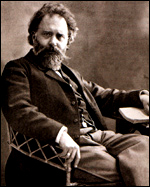
Don Quixote, Op. 50 is an opera in three acts by Wilhelm Kienzl. The libretto, written by the composer, is based on the novel by Miguel de Cervantes.
Gusztáv Szerémi was a Hungarian violinist, violist and composer.
Johannes Palaschko was a German composer, violinist and violist who wrote numerous works for both violin and viola. He became a violin student of Joseph Joachim in 1891, concurrently studying music theory with Ernst Eduard Taubert and composition with Heinrich von Herzogenberg. In 1899 he graduated from the Berlin Hochschule für Musik. In 1913 he became Director of the Böttscher Conservatory in Berlin; that same year he married Martha Jürgens.
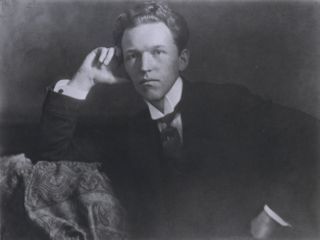
Sigwart Botho Philipp August zu Eulenburg, Count of Eulenburg was the second son of Philipp, Prince of Eulenburg (1847–1921) and his wife Augusta, born Countess of Sandels (1853–1941) and a German late romantic composer who fell in the First World War.
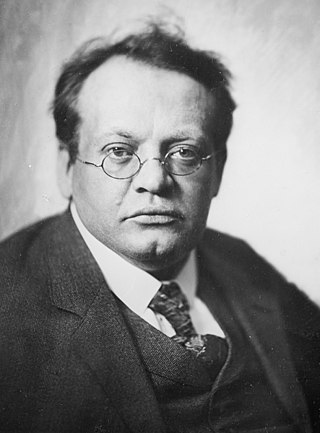
Geistliche Gesänge, Op. 110, are three motets by Max Reger. He composed them between 1909 and 1912:

Introduction, Passacaglia and Fugue in E minor, Op. 127, is an extended composition for organ by Max Reger, composed in 1913 and dedicated to Karl Straube who played the premiere in Breslau on 24 September. It was published in November that year in Berlin by Bote & Bock.
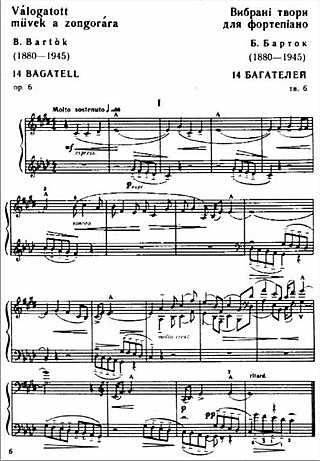
14 Bagatelles, Sz.38, BB 50; 3rd Set, Op. 6 is a set of pieces for solo piano by Hungarian composer Béla Bartók, written in the spring of 1908 and first performed by the composer June 29, 1908, in Berlin. The work was published the following year in Budapest by Rozsnyai Károly. Composed the same year as Ten Easy Pieces, 14 Bagatelles was experimental and signified Bartók's departure from the tonality of 19th century composition. The work borders on atonality, and Bartók adopted some techniques of Debussy and Schoenberg.

Ernst Paul Flügel was a German Romantic composer.

Géza Horváth was a Hungarian composer, arranger and music school director who worked in Vienna.














